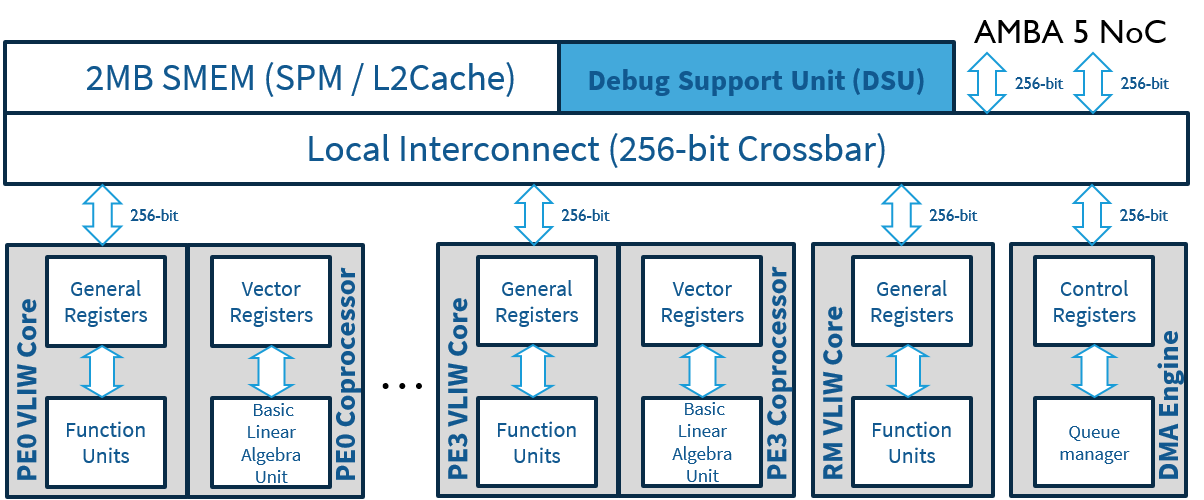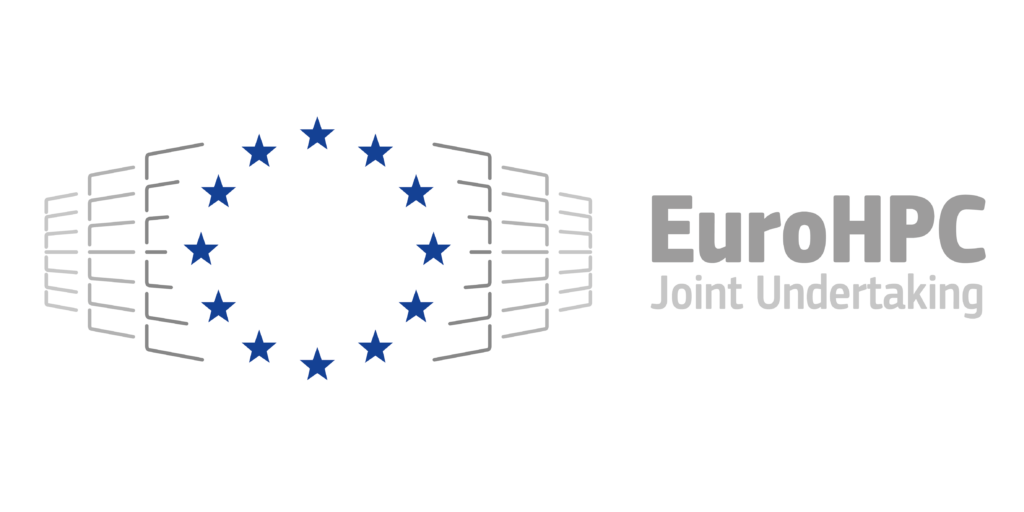One of EPI’s core activities will focus on the automotive sector. The stream activities are targeting main trends driving innovation in the automotive industry including the introduction of autonomous driving (levels 4/5) and the Connected Car infrastructure – because without innovative solutions, the digital progress in the automotive sector would end in a deadlock due to insufficient computing power for new and increasing fields of application like 360-degree environment recognition and other real-time systems.
In order to continue on the road of success, the initiative aims at implementing suitable high-performance processors for the HPC sector. The specific challenge in the automotive sector is the integration of those high-performance processors that have to be compliant with the relevant application and environmental requirements in that real-time domain.
Most importantly, adapting and using HPC processors must not have a negative impact under any circumstances on the function, the real-time behavior, the availability and reliability of the automotive compute platform. Furthermore, in the extremely cost-driven automotive sector, a number of relevant standards must be observed. Obviously, the use of complex and costly solutions like active cooling should be avoided.


